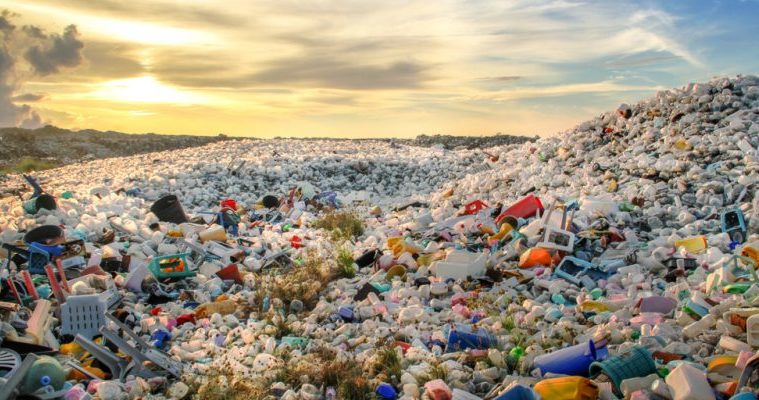Nesta Challenges has announced the selected 30 semi-finalists of Accelerating Growth, the first strand of the Afri-Plastics Challenge.
The challenge aims to reduce marine plastics in sub-saharan African countries by developing and scaling innovative solutions to plastic mismanagement.
Kenya’s Takataka Solutions and the Watamu Marine Association are among the selected semi-finalists.
With mismanaged waste as one of the key drivers of marine plastic pollution, waste management systems throughout the region are an essential. The development of new innovative processes and systems is imperative to improve the detrimental impact of waste pollution on the environment.
The Afri-Plastics Challenge judging panel reviewed each application and selected 30 semi finalists from across sub-saharan Africa. The selected participants are from Kenya, Burkina Faso, Cameroon, Côte d’Ivoire, Democratic Republic of the Congo, Ethiopia, Ghana, Nigeria, Rwanda, South Africa, Tanzania, Togo, Uganda, to move forward in the next phase of the challenge.
Each semi-finalist solution addresses the reduction of plastic waste within the wider plastics value chain by reducing marine plastic litter to positively impact their communities.
Constance Agyeman, Director of international development at Nesta Challenges said, “Only 12% of the 17 million tonnes of plastic pollution generated in sub-Saharan Africa each year is recycled – the rest is dumped, buried or burnt. The impact this has on communities, the health of individuals and the precious sub-Saharan ecosystems is colossal. Africa’s innovators are already working on home-grown solutions, but to have maximum impact they need meaningful support to scale.
In November 2021, the 30 semi finalists will take part in a digital activation workshop where they will be introduced to a capacity-building support package. The package will include expert mentoring in key areas including innovation, plastics, market orientation and narrative building.
This will be followed by 6 weeks of additional capacity building support with mentors to help consolidate plans for scaling solutions.
The semi-finalists will also be given grants of Ksh. 1.5 million (£10,000) each to support in the development and validation of their scaling plans. At the end of this phase, they will be required to submit a detailed scaling plan together with a pitch video for evaluation by the judges against the criteria.
15 finalists will be selected at the end of January 2022 to move forward in the Challenge and continue their journey to win one of the three final prizes.


